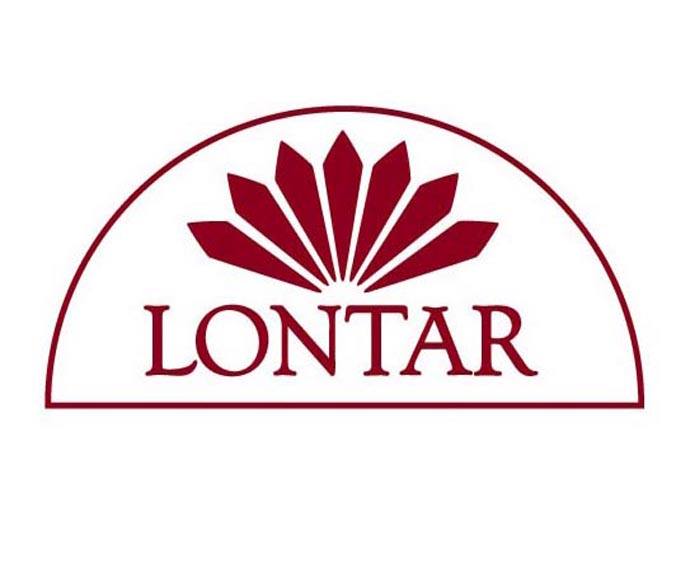As if the unsettling pandemic wasn’t enough of a burden, a series of floods, landslides, earthquakes, and volcanic eruptions across the country seemed to signal yet another inauspicious new year—one that had initially begun with a nascent sense of optimism. As elsewhere in the world, the prospect of a Covid-19 vaccine seemed close at hand (despite predictable bureaucratic hassles over how it would be delivered, questions about its efficacy, and whether it had been certified as halal) and this hoped-for promise of a cure served to mitigate concerns over the recent sharp rise in infections, particularly in heavily populated urban areas. Now, however, the light at the end of the tunnel again seems to be a long way off.
Even with the government providing social aid to the needy and financial assistance to badly hit small and medium enterprises, state officials have forecasted a long and slow economic recovery. In turn, this will mean an uphill struggle for the education and education-related sectors, which are still trying to adapt to the new challenges brought on by the pandemic. What we did not expect to see in our school system was the reappearance of an old problem, that of religious intolerance. News media recently reported that a state-run school in West Sumatra had put into place a requirement for all female students to wear hijab, a clear violation of their constitutional rights regardless of whether they were Muslim or non-Muslim. Then, when non-Muslim female student at the school refused to cover their heads, they were punished. The nation-wide uproar that this action caused, compelled the Minister of Education and Culture himself to speak out against this outrage. Sadly, with intolerance having taken hold in many communities across the country, it will be a major challenge to prevent recurrences. In a 2018 survey conducted by the Syarif Hidayatullah Islamic State University at 2,237 state and private schools in 34 provinces, results showed that 53% of the teachers in those schools held “intolerant beliefs” while only 4% could be described as “tolerant.”
As we enter the first quarter of 2021, Lontar continues to prepare translations for publication and have launched a “Books on the Horizon” campaign, through which we hope to obtain sufficient funds with which to publish at least twelve new titles. While there is no shortage of good causes in need of assistance in these troubled times—access to education abd the fight against religious intolerance, to name just two—we also feel that one of the greatest weapons in this battles is improved literacy, which leads to better critical thinking. That is why books are so important for the country’s overall mental health and that is why we ask for your generous assistance to our cause.
Yuli Ismartono
yismartono@lontar.org
